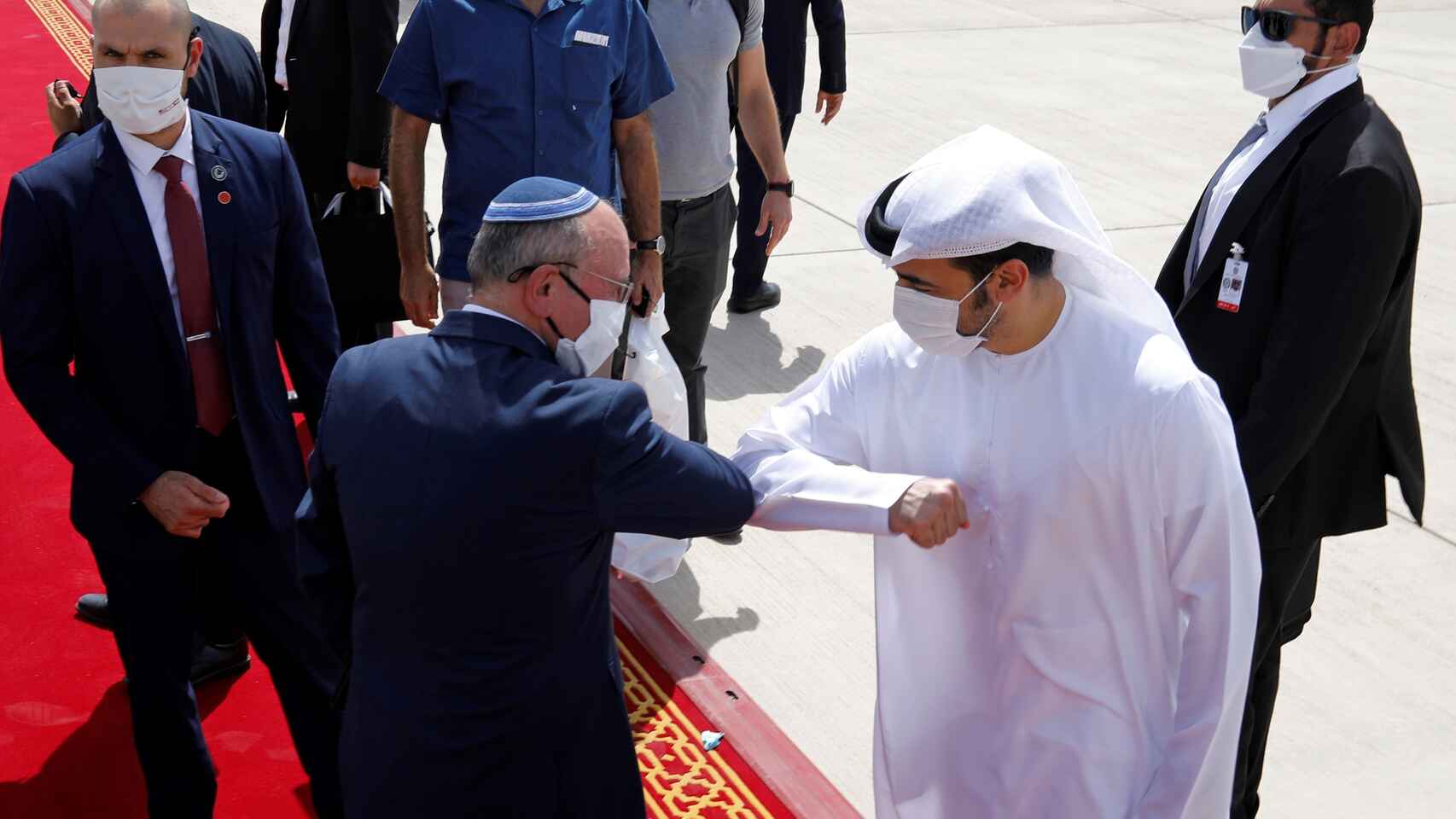Establishing “strategic partnership with the Israeli regime” is one of the instruments of coalition-building among the Arabs under the leadership of Saudi Arabia. New coalition in the Middle East is an effort initiated by US President Donald Trump to “terminate” the old Arab-Israeli conflict in the region through methods favoured by the US and Israeli regimes. In fact, it could be mentioned that recent efforts and normalization of relations between the UAE and Bahrain (and probably Sudan) with Tel Aviv are part of the reconciliation process initiated by the Deal of Century. Such a Trump policy could be considered as a gift to Israel on the threshold of the upcoming US presidential elections in the wake of the US defeats in the region particularly its strategic failure in maintaining influence in Iraq and Syria as well as its defeat against the coalition of Iran, the resistance axis and Russia. In his current and past election campaign, Trump has voiced unequivocal support for Israel. He has been quoted as saying he will not allow Israel to be mistreated in the region. Therefore, any normalization of relations with Israel in the region could be winning card of Republicans led by Trump both in the region and upcoming elections.
On the other hand, consequences of the normalization of relations with Israel could be discussed in several angels; at the regional level, the Israeli regime, lacking strategic depth and has suffered humiliating defeats in the hands of the resistance axis, is seeking reconciliation and influence on some Arab states. Looking at the history of rapprochement with Israel, Egypt during Anwar Sadat was pioneer in establishing relations with the Zionist regime. As the result of that normalization, most Arab countries lost their power of resistance against the Israeli regime and regaining occupied territories; therefore, after the victory of the Islamic revolution in Iran and the change in the balance of power in the light of open hostility between Tehran and Tel Aviv, some European counties and the United States made their best efforts to dent Iran’s influence in the region while creating division among Muslim states; therefore, the centre of focus of reconciliation in the new era, led by the UAE and Bahrain and perhaps some other littoral states of the Persian Gulf, is hostility and antagonism with the Islamic Republic of Iran while trying to weaken the resistance axis in the region especially in Syria and Iraq, as Iran is a regional power and enjoys the capability of considerably influencing developments in the region.
From the viewpoint of international observers, the status of Iran cannot be ignored in developments of the Middle East from the soft and hard power angel. In this respect, the US and Israel are trying to block the Iranian influence through fear from Iran and with the help of some compromising Arab rulers.
Anyway, Arab countries and Saudi Arabia in particular, as well as the UAE and Bahrain, consider Iran as a rival and threat to themselves, thus seeking close ties with Israel under such illusion and imagination.
Without doubt, Rapprochement with the Zionist regime could entail serious consequences for the Arab regimes of the region; the public opinion in these countries especially Bahrain are opposed to Manama policy of betrayal to the Palestinian cause and subordination to Washington and Tel Aviv. Therefore, any hasty move to recognize Israel would further widen the gap between the Arab compromising rulers and their peoples. On the other hand, turning UAE and Bahrain to the backyard of the Zionist regime would not only force them under the influence of this regime, but also would cause new developments and changes in the national security of these states as the political and intelligence influence of the Zionist regime in these Arab countries has been defined in line with the interests of the Israelis and Americans in the region. Moreover, probable normalization of relations between Saudi Arabia and the Zionist regime could cause political and economic turmoil in the region and increase the threat of conflict and war; therefore, we should wait for the developments of the US elections and probable future scenarios especially for the Arab Middle East.










0 Comments